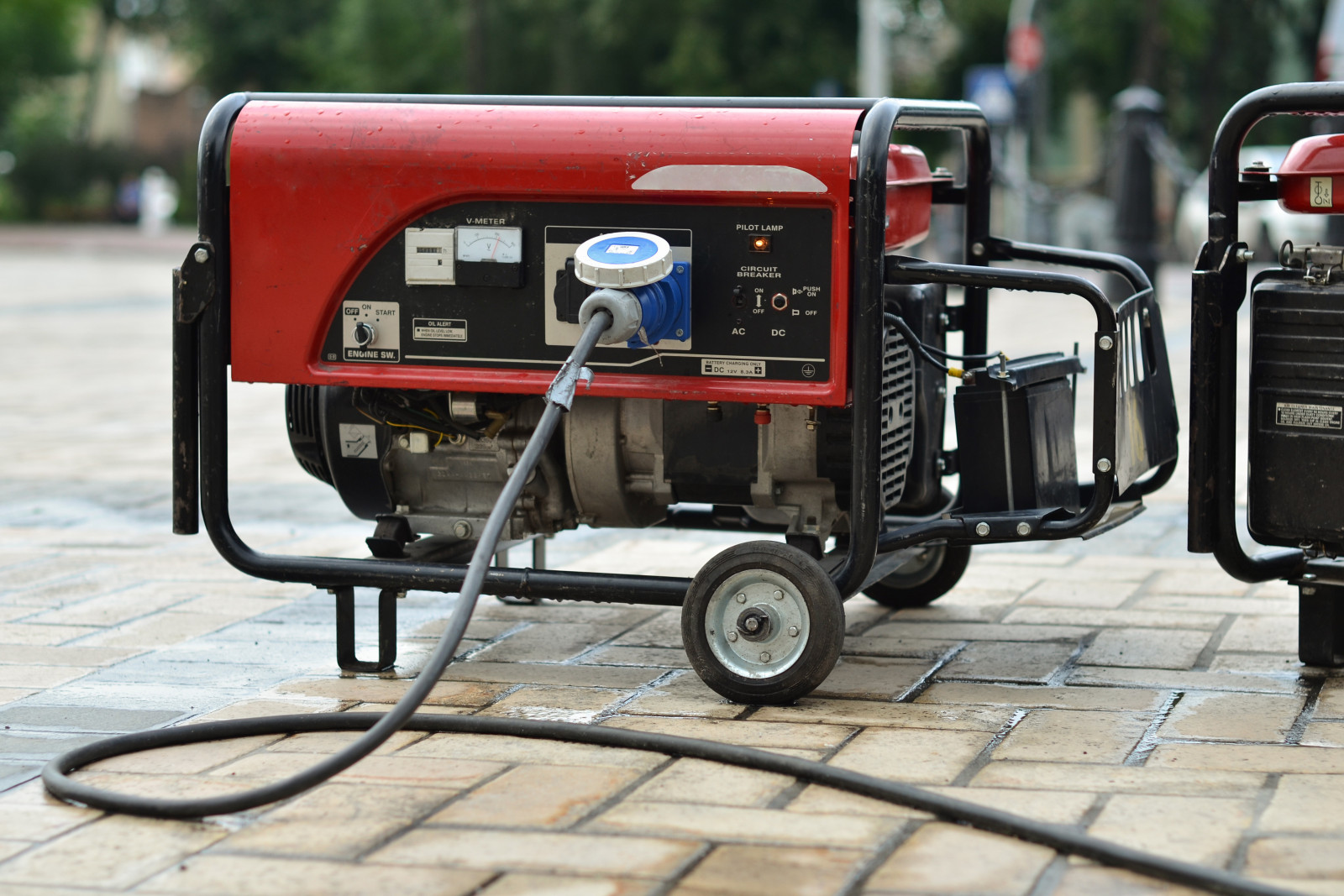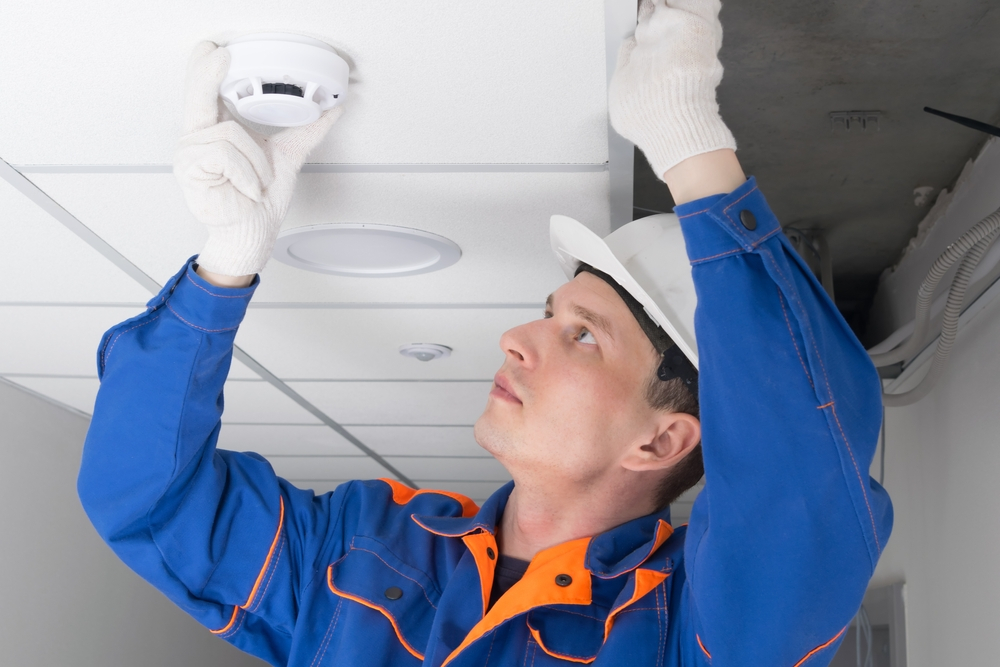The Pros and Cons of Owning a Gas Generator

In a world that relies heavily on electricity, power outages can be a significant inconvenience. Owning a gas generator is one way to ensure that you have a backup source of power during such times. While gas generators offer several benefits, they also come with their fair share of drawbacks. In this article, we will explore the pros and cons of owning a gas generator to help you make an informed decision.
The Pros
- Reliable Backup Power: Gas generators provide a reliable source of backup power when the grid fails. This is especially important if you live in an area prone to frequent power outages due to weather, grid instability, or other factors.
- Ease of Use: Gas generators are relatively simple to operate. They can be started with the turn of a key or the push of a button, making them accessible to most homeowners.
- Portability: Many gas generators are designed to be portable, allowing you to move them where you need power. This feature is beneficial for outdoor events, camping trips, or for supplying power to specific areas during home renovations.
- Quick Start: Gas generators start quickly, providing power almost immediately after a power outage. This is crucial for keeping essential appliances running without a significant interruption.
- Cost-Effective: Gasoline, propane, or natural gas – the primary fuels for gas generators – tend to be more affordable than some alternative energy sources, making these generators cost-effective in the long run.
- Versatile Applications: Gas generators can power a wide range of appliances and equipment, from refrigerators and air conditioning units to power tools and electronics. Their versatility makes them an excellent addition to any household.
- Increased Home Value: Installing a standby gas generator can increase the resale value of your home. Potential buyers are often attracted to properties with built-in backup power solutions.
The Cons
- Fuel Dependency: Gas generators rely on a constant supply of fuel, which can become a problem during extended power outages. If you run out of fuel, the generator stops working, and refueling may be challenging in certain circumstances.
- Noise Level: Gas generators are notorious for their noise. Their operation can be disruptive, making it less ideal for situations where quiet is essential. Quieter models are available but often come at a higher cost.
- Maintenance Requirements: Regular maintenance is crucial for gas generators to ensure they function correctly. This includes oil changes, air filter replacement, and periodic inspections. Neglecting maintenance can lead to breakdowns.
- Environmental Impact: Gas generators emit carbon monoxide and other pollutants, contributing to air pollution. It’s essential to operate them in well-ventilated areas and avoid indoor use to prevent health risks.
- Initial Cost: While gas generators can be cost-effective in the long term, their initial purchase cost can be relatively high, especially for larger or more powerful models. Additionally, standby generators often require professional installation, increasing the upfront expense.
- Limited Run Time: Gas generators have a limited run time based on their fuel tank capacity. To keep them operational during extended power outages, you must refuel them regularly, which can be impractical in certain situations.
- Fuel Storage Challenges: If you choose a gas generator, you’ll need to store fuel, which can be a safety concern. Proper storage is essential to prevent accidents or fuel degradation.
Ease of Use
Gas generators are known for their user-friendliness. Unlike more complex energy solutions, such as solar panels or wind turbines, gas generators can be started with relative ease. Most models feature a simple turn-key or push-button start, requiring minimal effort to get them up and running.
This ease of use makes gas generators accessible to a wide range of homeowners, including those without extensive technical knowledge. In emergency situations, simplicity is crucial because it allows you to restore power quickly without the need for specialized skills or expertise.
Quick Start
When the power goes out, time is of the essence. Gas generators start quickly and begin supplying power almost immediately. This rapid response is essential for maintaining the functionality of essential appliances and devices, such as refrigerators, freezers, medical equipment, and security systems.
For businesses, quick start times can also be a critical factor in preventing downtime and loss of revenue during power outages. Gas generators help ensure that operations continue seamlessly, minimizing disruptions.
Cost-Effective
The affordability of gas generators is a significant advantage. Gasoline, propane, and natural gas are generally less expensive than some alternative energy sources. Additionally, the cost of gas generators themselves can be relatively reasonable, especially when compared to other backup power solutions like solar panels or whole-house battery systems.
The cost-effectiveness of gas generators is particularly appealing for homeowners who want a reliable backup power source without breaking the bank. While there are upfront costs, these generators can ultimately save you money over the long term by preventing food spoilage, equipment damage, or the need to relocate during extended power outages.
Noise Level
Gas generators are known for their noise. The sound they produce during operation can be quite disruptive, making them less ideal for situations where quiet is essential. The noise generated by a gas generator primarily comes from the engine, exhaust system, and cooling fan.
The noise level of a gas generator is typically measured in decibels (dB). Conventional gas generators can produce noise levels ranging from 65 dB to 75 dB or more, which is comparable to the sound of a lawnmower or a busy street. In contrast, quieter models, such as inverter generators, produce significantly less noise, with some operating as quietly as 50 dB or less.
For homeowners who prioritize a quieter backup power solution, it’s worth considering the use of an inverter generator or exploring soundproofing options to minimize the noise generated by a conventional gas generator.
Maintenance Requirements
Gas generators, like any mechanical equipment, require regular maintenance to ensure they function correctly. Neglecting maintenance can lead to breakdowns and reduced reliability during power outages. Common maintenance tasks for gas generators include:
- Changing the engine oil and oil filter
- Replacing the air filter
- Checking and topping off the fuel supply
- Inspecting and tightening electrical connections
- Testing the battery and charging system
- Monitoring and cleaning the spark plug
- Evaluating the generator’s performance
The frequency of maintenance tasks can vary depending on the make and model of the generator, as well as the number of hours it runs. It’s essential to follow the manufacturer’s maintenance guidelines and keep a record of maintenance activities to ensure your generator remains in optimal working condition.
Regular maintenance is a proactive measure that helps prevent issues from arising, especially during critical moments when you depend on your generator for backup power.
Environmental Impact
One critical consideration when owning a gas generator is its environmental impact. Gas generators, particularly those powered by gasoline or diesel, emit carbon monoxide (CO) and other pollutants during operation. These emissions can contribute to air pollution and have adverse effects on air quality.
To mitigate these environmental concerns, it’s crucial to operate gas generators in well-ventilated areas, ensuring that exhaust gases disperse safely. Never operate a gas generator indoors, in a garage, or any enclosed space, as this can lead to carbon monoxide poisoning, which can be life-threatening.
Quieter and more environmentally friendly options include propane and natural gas generators. These generators produce fewer emissions and are generally considered a cleaner and safer choice. However, they still require proper ventilation and adherence to safety guidelines.
Fuel Storage Challenges
When you own a gas generator, you’ll need to address fuel storage challenges. Proper fuel storage is essential for both safety and practicality. Gasoline, propane, and natural gas, the primary fuels for gas generators, have specific storage requirements:
- Gasoline: Gasoline should be stored in approved containers designed for fuel storage. These containers must be kept in a cool, well-ventilated area away from direct sunlight, ignition sources, and children. Additionally, gasoline should not be stored for extended periods, as it can degrade over time.
- Propane: Propane is typically stored in propane tanks. These tanks must be kept outdoors in a well-ventilated area and secured to prevent tipping or damage. Propane tanks should be regularly inspected for leaks or damage.
- Natural Gas: If you have a natural gas generator, fuel storage is less of a concern, as it connects directly to your home’s natural gas supply line. However, it’s essential to ensure that your natural gas supply remains uninterrupted during a power outage.
Proper fuel storage is vital to prevent accidents, fuel degradation, and to maintain a reliable source of power during emergencies. Storing fuel safely reduces the risk of fires, explosions, and environmental contamination.
Conclusion
In conclusion, gas generators are a valuable tool for maintaining electricity in your home during unexpected power outages. While they offer many advantages, including reliability, ease of use, and versatility, they also come with their own set of challenges, such as fuel dependency, noise, and maintenance requirements. Understanding the pros and cons of owning a gas generator is crucial in making an informed decision that aligns with your needs and preferences.



